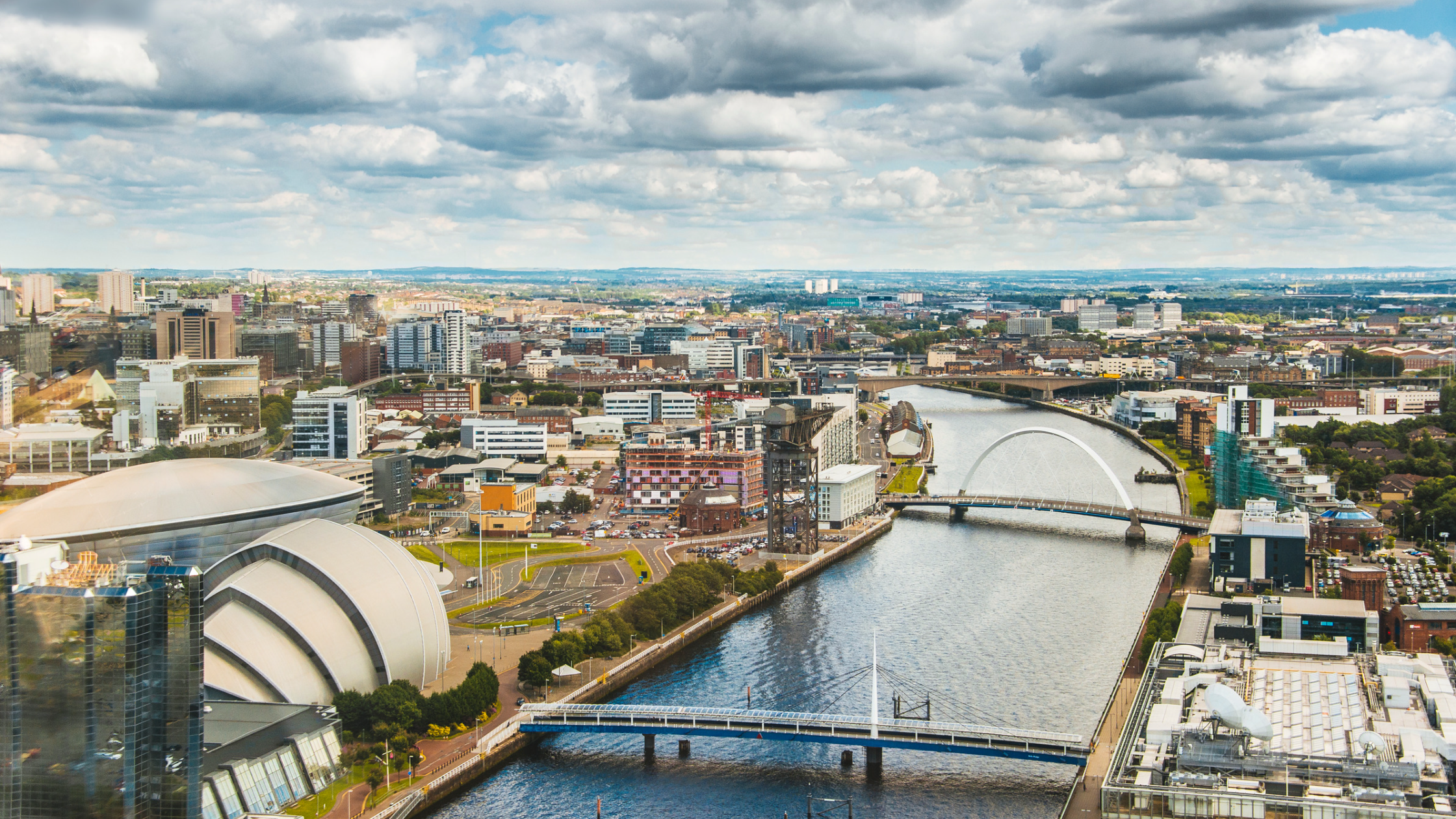Personal Injury Claims Frequently Asked Questions
What is the Personal Injury Claim process?
The first thing you should do after deciding to make a personal injury claim is to talk to one of the members of our team, they will take details of the accident and your injuries as well as answer any questions you may have, after which they will send you forms regarding our terms and conditions to complete and sign.
After these are completed, your case will be assigned to a case handler who will issue a claim form to the other side, gather evidence, documents, and reports that support the claim, and work on your behalf to guarantee the best compensation is recovered for you. They will also handle any communication with the third-party insurers. Although our team will offer you advice throughout the process, they take your instructions and will honour your decisions.
How long do I have to make a claim?
You generally have 3 years from the accident date to make a claim however there are exceptions to this rule if the injury you sustained was severe or you were unable to seek medical advice during your recovery. It could also be less than 3 years if you were injured while at sea or on an aircraft.
How much compensation will I receive?
All Personal Injury Cases are different which is why we are not able to let clients know how much compensation they will receive until they are investigated.
There are several contributing factors that your Case Handler will look at when judging your claim such as:
- Loss of earnings due to the injuries sustained
- Any future loss of income
- If the injury results in changes to your ability to work in the future
- Any paid medical treatments, travel costs, or accommodation costs incurred because of treatment required for the injury
- Alterations required to your car or home
- Any help you have needed or will need as a result of your injuries
What to do if you’re in an accident?
The actions you take at the scene of an accident can be very important and may help if you decide to make a claim. The more evidence of the accident that is available, the better.
It is difficult to create a definitive checklist to follow in the event of an accident as injuries and other factors may limit what you can do, but the list below is a useful guide:
Stop – take a moment to compose yourself, but do not leave the scene, regardless of who you believe is at fault. Let an expert decide.
Contact emergency services – think about who needs to attend the scene of the accident. If anyone involved may be seriously injured then you should request that paramedics attend. Police may also need to attend depending on the severity of the accident, injuries and whether any roads need closed or hazards removed.
Take photographs – visual evidence of an accident scene is important so if possible, take photographs of the location and the vehicles and/or bikes involved before they are moved.
Get details – gather as much information as you can. That means names, addresses, insurance details, registrations, make and model of vehicles and bikes involved. If there are any witnesses ask for their contact details and establish if they are happy to be contacted.
Contact us! Gildeas has many years of experience representing clients who have been involved in an accident. Whatever the circumstances, we can help.
Any more questions?
Fill in our form online and one of our team will get back to you.




